
Students will help to bring historical objects to life in an interactive exhibition marking the start of a wide-reaching one-year initiative led by the University of Chester in collaboration with the Grosvenor Museum and the University of Oxford.
The ‘Mobility of Objects Across Boundaries 1000-1700 (MOB): Exhibiting, Handling and Teaching the Past through Everyday Objects’ project gets under way this month (September). The initiative seeks to challenge perceptions of the medieval and early modern worlds as static and unchanging, and elite narratives of history by focusing on everyday objects.
The first chance to get involved is offered with a pop-up exhibition for people to safely handle medieval and early modern objects from the Grosvenor Museum, as part of Chester Cathedral's Medieval Discovery Day on Saturday September 11. University of Chester History and Archaeology students will help visitors examine objects such as keys, shoes and ceramics, and the story behind them, while also discussing and gathering feedback on the MOB project and its wider impact.
The event comes after it was announced earlier this year that the project of almost £100,000 had been made possible by a successful funding bid. The project is funded in the main by a UK Research and Innovation Arts and Humanities Research Council (AHRC) Follow on Funding Grant for Impact and Engagement.
The initiative will see a public exhibition created at the Grosvenor Museum in Chester next year, featuring Augmented Reality representing the medieval interior of St John’s Cathedral. It will bring to light objects that have never been exhibited before and showcase the work of school students. An interactive website for visitors and members of the public on the exhibition and objects is currently being designed, to be launched before the exhibition. The grant will also provide the opportunity to set up more pop-up exhibitions and create Object Boxes with medieval and early modern artefacts from the Grosvenor’s collection to be loaned to primary and secondary schools, alongside videos on the objects and how to use them in educational settings.
The project is led by Katherine Wilson, Associate Professor of Later Medieval European History in the Department of History and Archaeology at the University of Chester and the co-investigator Leah Clark, Associate Professor and Director of Studies for Art History, from the Department of Continuing Education at the University of Oxford.
Prof Wilson said: “We are very excited to start the project, to enable the public to view and handle the objects and to create Object Boxes for schools to use.
“By allowing more people the chance to get up close to artefacts that are normally inaccessible, we want to widen opportunities for the public and pupils to experience history, think about how people lived in the past and help us question existing narratives of history through the objects.”
Councillor Louise Gittins, Leader of Cheshire West and Chester Council and Cabinet Member for Wellbeing added: “This is the start of an exciting project to bring history to life. I’m delighted Grosvenor Museum is involved in bringing this opportunity to visitors, as part of Chester Cathedral's Medieval Discovery Day on September 11, and going forward, the public exhibition at the Museum and Object Boxes for schools next year.”
The Medieval Discovery Day at Chester Cathedral celebrates the medieval past of the building and area, with a range of fun activities and experiences. Tickets are £10 per adult for the entire day, and children (up to 16 years of age) are free. Pre-booking is advised. For further information, please visit: https://chestercathedral.com/event/medieval-discovery-day/.
Using the existing partnerships set up with the Grosvenor Museum from an earlier AHRC Network Award, the MOB public exhibition will be held at the Grosvenor Museum in the Spring/Summer of 2022. This main exhibition will bring to wider public and non-specialist attention the collections of everyday objects in the museum collections, such as shoes, tiles, pilgrim tokens, chests and keys, and will reveal the ways in which objects allowed people in the past to move across thresholds and boundaries, from public to private spaces, from secular to religious spaces and across global trade networks.
Alongside examples of creative work by regional school students, it will feature Augmented Reality work by Martin Moss of Dextra Visual and an interactive website from the Informatics Centre at the University of Chester, overseen by the University’s Department of Computer Science, for people to immerse themselves in the movement and settings of the objects.
The design and production of Object Boxes and teaching resources will provide a unique and sustainable school enrichment experience to support History at Key Stages One to Four and GCSE level. These Object Boxes will be designed by the Faculty of Education and Children’s Services at the University of Chester, in close collaboration with a teaching advisory team made up of teachers and PGCE students. The boxes will include selected everyday objects from the Grosvenor Museum Collection, as well as lesson plans, worksheets, and creative writing tools appropriate for each key stage and GCSE. Any school that wishes to can access them, allowing all students a handling experience with original artefacts from the medieval and early modern periods.
More information can be found on the impact and engagement work of the MOB grant, with the Grosvenor Museum and with schools, at:
https://mobilityofobjectsacrossboundaries.wordpress.com.
About the Arts and Humanities Research Council
The Arts and Humanities Research Council (AHRC), part of UK Research and Innovation, funds internationally outstanding independent researchers across the whole range of the arts and humanities: history, archaeology, digital content, philosophy, languages and literature, design, heritage, area studies, the creative and performing arts, and much more. The quality and range of research supported by AHRC works for the good of UK society and culture and contributes both to UK economic success and to the culture and welfare of societies across the globe.
Pictured - Students with everyday historical objects at the Grosvenor Museum in 2019 (pre-COVID).
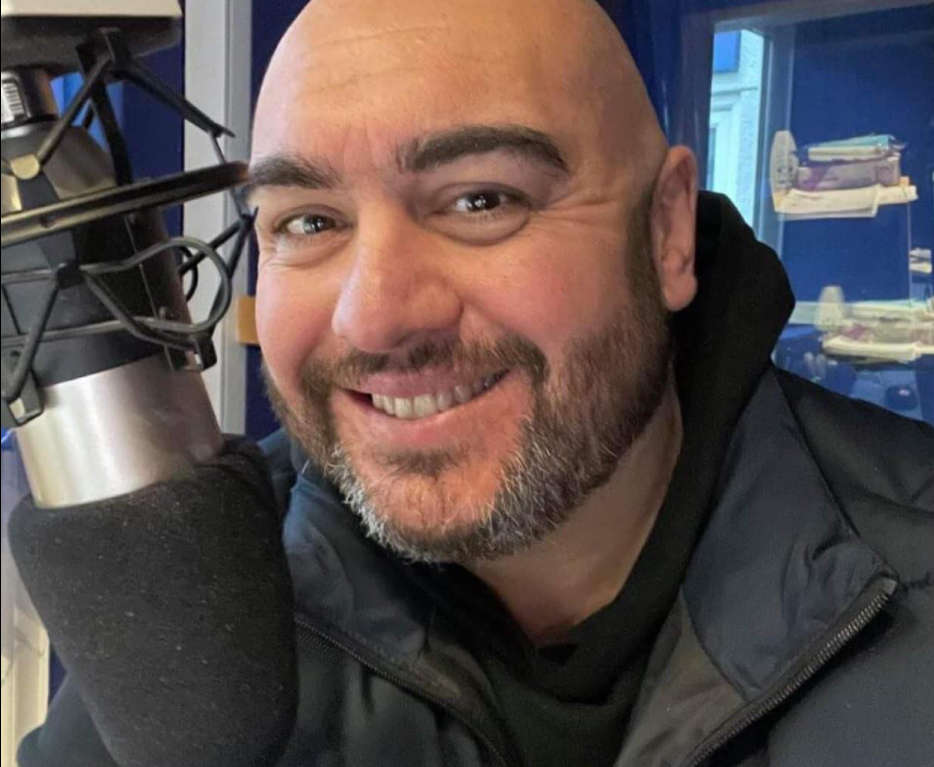

 Protecting people from the sun
Protecting people from the sun
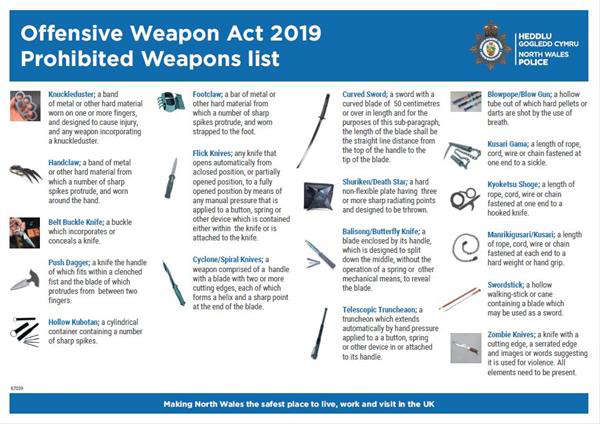 Come and speak to North Wales Police
Come and speak to North Wales Police
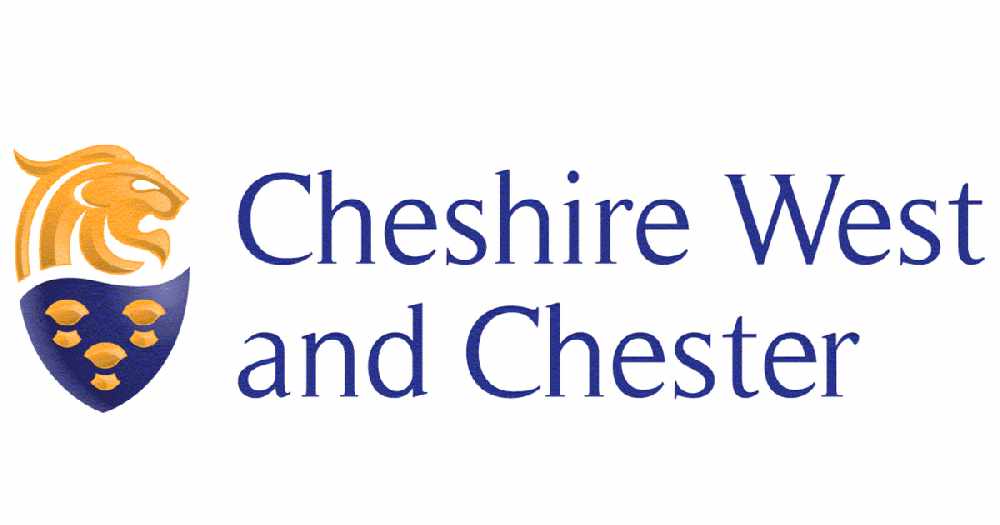 Council to start enforcement of moving traffic offences
Council to start enforcement of moving traffic offences
 Supporting people on their journey to employment
Supporting people on their journey to employment
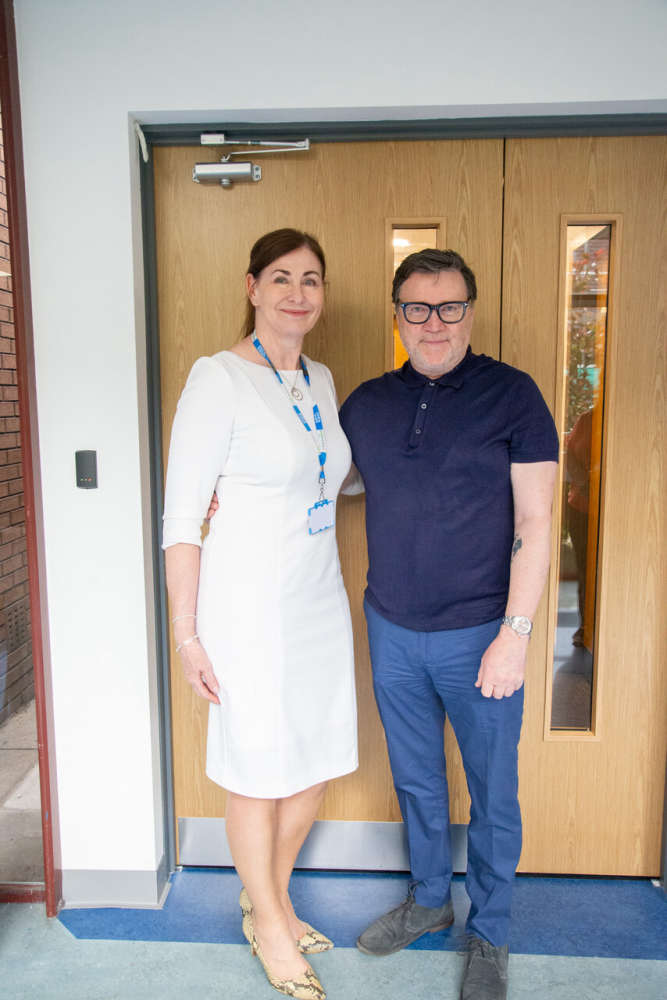 Ian Puleston-Davies opens new staff wellbeing hub at Countess of Chester Hospital NHS Foundation Trust
Ian Puleston-Davies opens new staff wellbeing hub at Countess of Chester Hospital NHS Foundation Trust
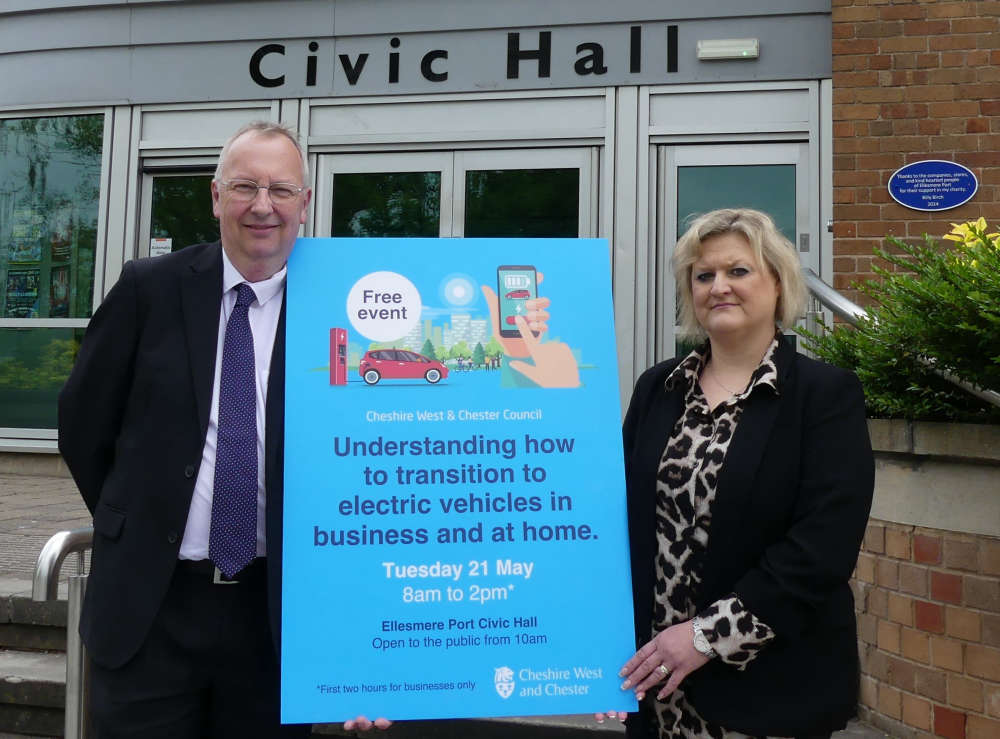 One week to the Council’s event to help you switch to electric vehicles
One week to the Council’s event to help you switch to electric vehicles
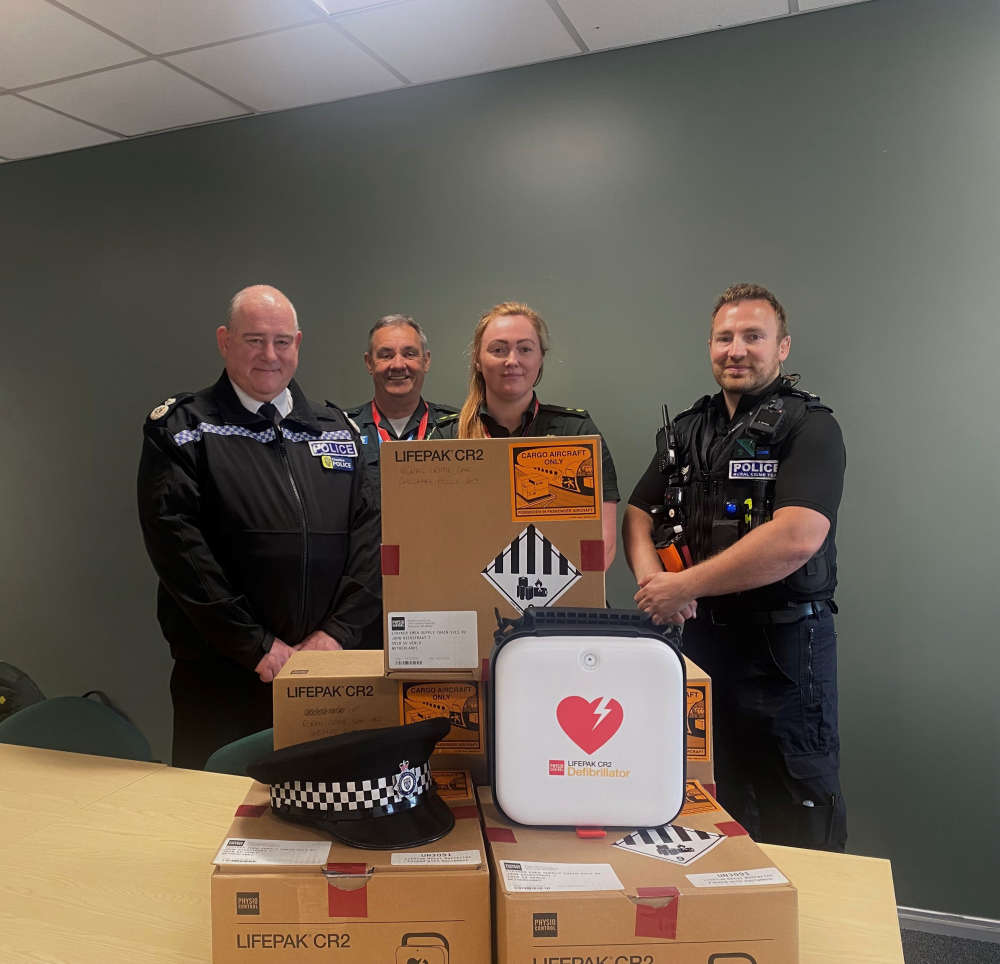 Rural Crime Team equipped with mobile defibrillators
Rural Crime Team equipped with mobile defibrillators
 New online hub for the Dee Estuary
New online hub for the Dee Estuary
 Chester and Wirral Football League - Latest Results
Chester and Wirral Football League - Latest Results
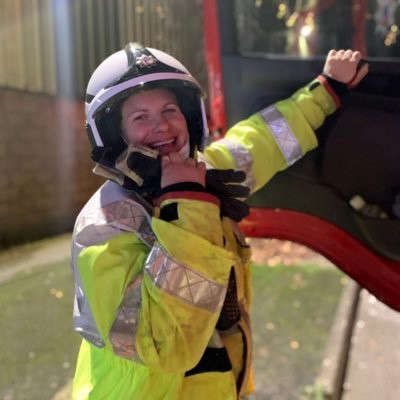 Is being a wholetime firefighter the job for you?
Is being a wholetime firefighter the job for you?
 RISING YOUNG MUSICAL THEATRE STAR SET TO JOIN CHESTER CHOIR AS SPECIAL GUEST
RISING YOUNG MUSICAL THEATRE STAR SET TO JOIN CHESTER CHOIR AS SPECIAL GUEST
 CHESHIRE WOMEN’S CRICKET LEAGUE - LATEST RESULTS
CHESHIRE WOMEN’S CRICKET LEAGUE - LATEST RESULTS
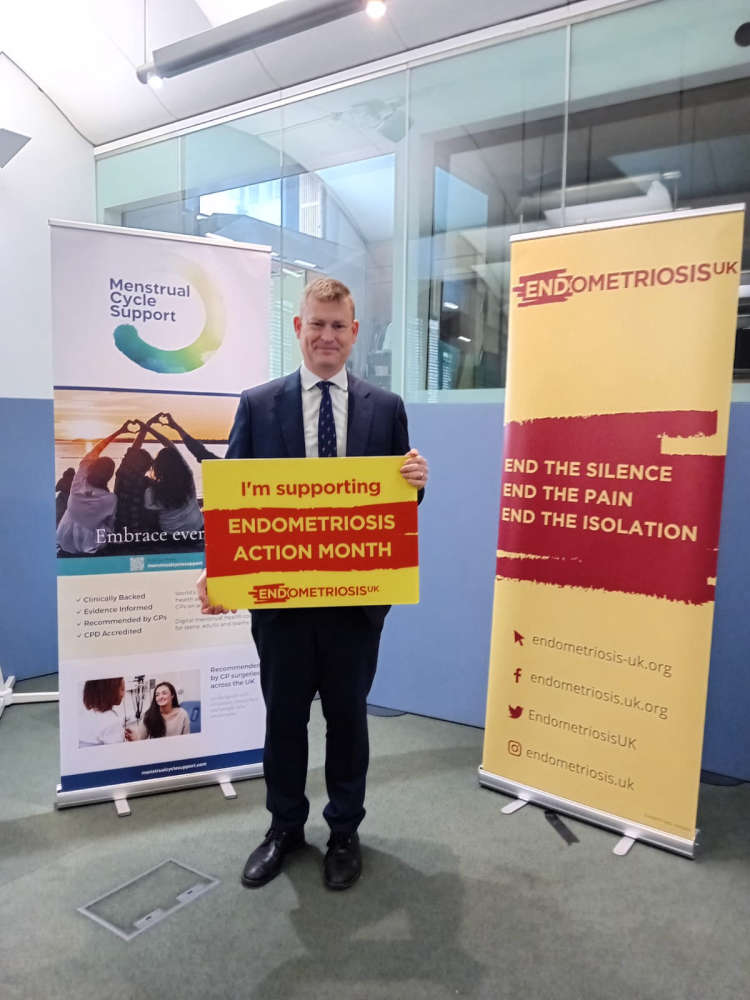 Local MP has pledged support for those suffering with endometriosis
Local MP has pledged support for those suffering with endometriosis
 Make History: Build a Future Free From Homelessness
Make History: Build a Future Free From Homelessness
 Council prosecutes Chester businesses for illegal tobacco offences
Council prosecutes Chester businesses for illegal tobacco offences
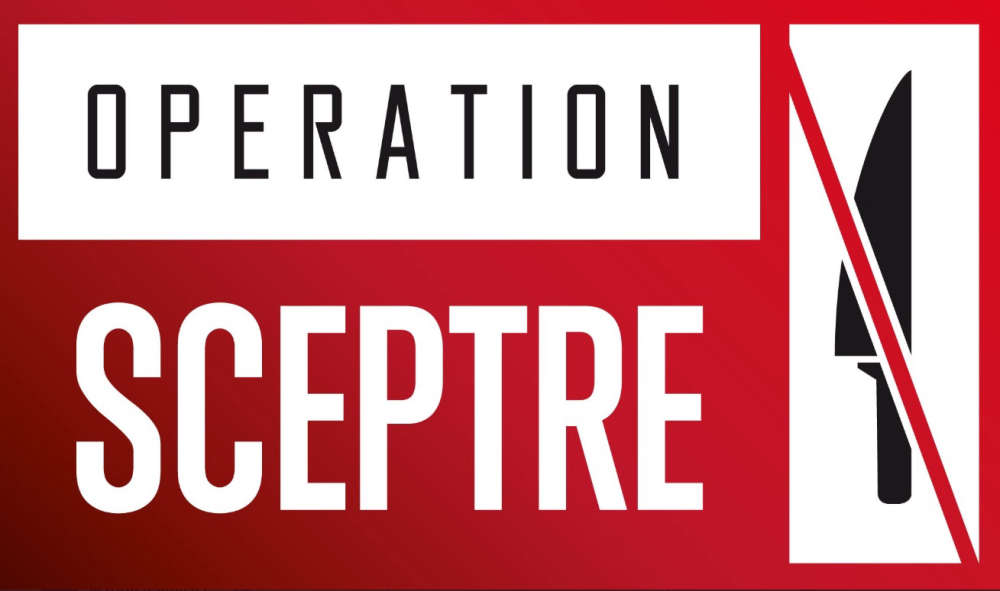 Cheshire Constabulary to support national operation to cut out county-wide knife crime
Cheshire Constabulary to support national operation to cut out county-wide knife crime
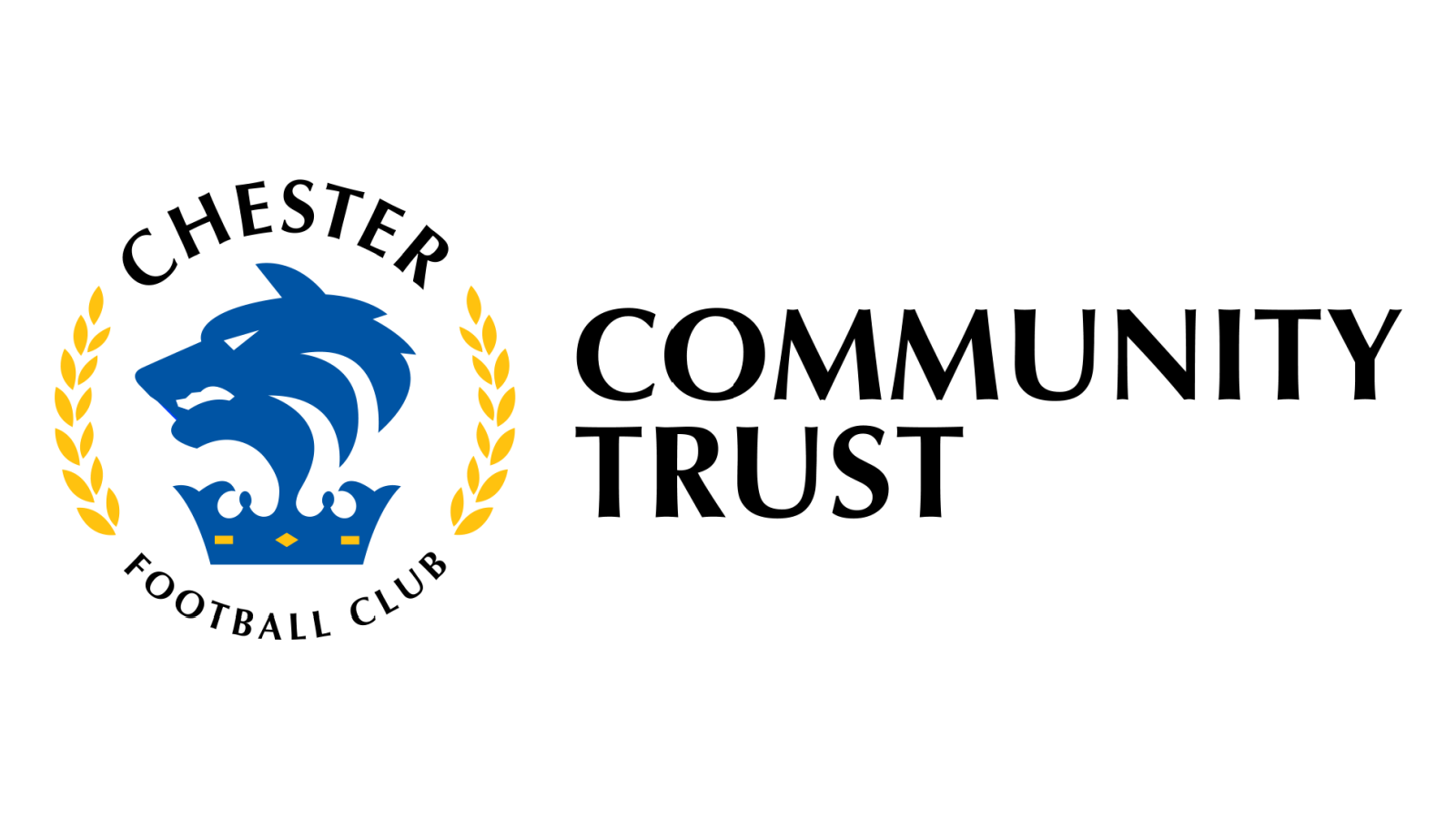 Chester FC Community Trust marks Mental Health Awareness Week
Chester FC Community Trust marks Mental Health Awareness Week
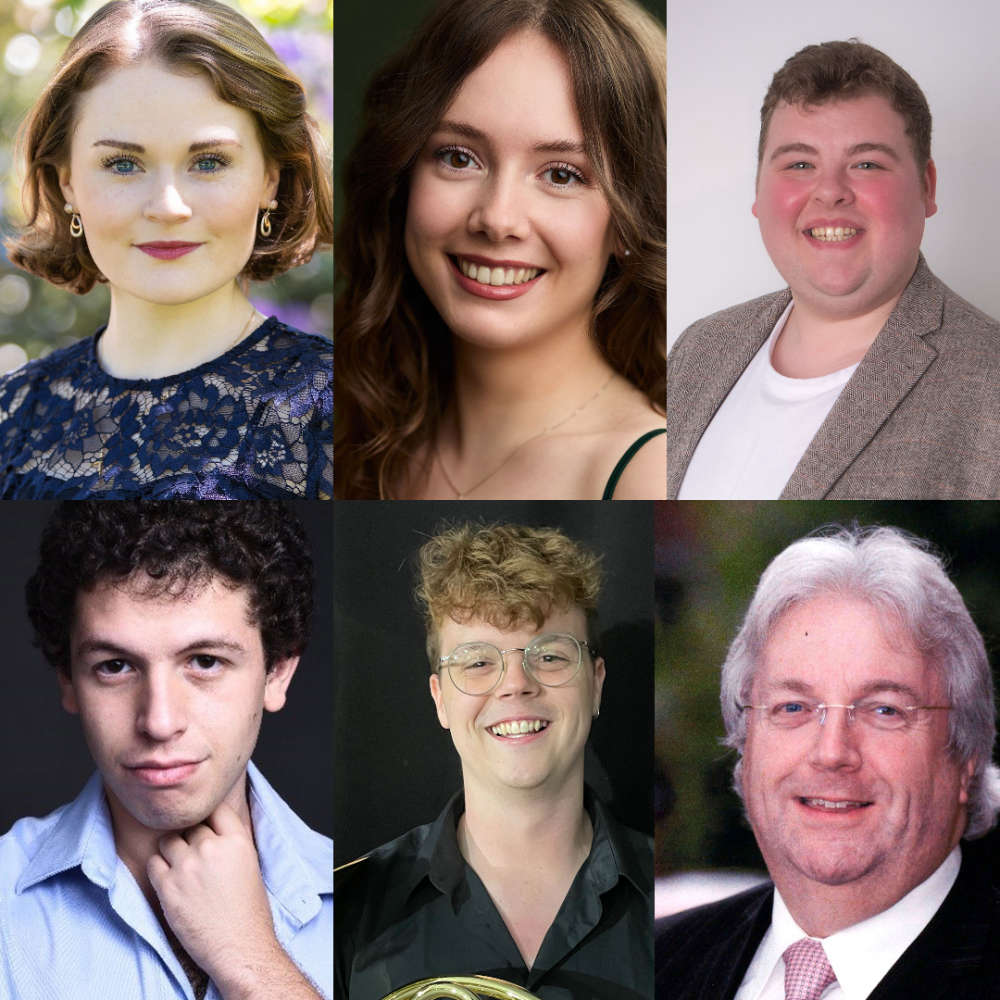 CLASSICAL MUSIC STARS OF THE FUTURE SET TO TAKE CENTRE STAGE AT CONCERT SEASON FINALE
CLASSICAL MUSIC STARS OF THE FUTURE SET TO TAKE CENTRE STAGE AT CONCERT SEASON FINALE
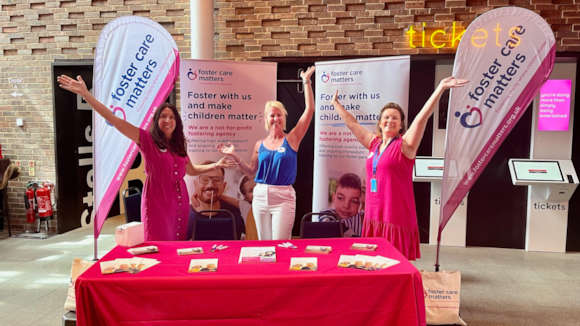 Foster Care Matters Fostering Agency launches in Chester
Foster Care Matters Fostering Agency launches in Chester
Comments
Add a comment